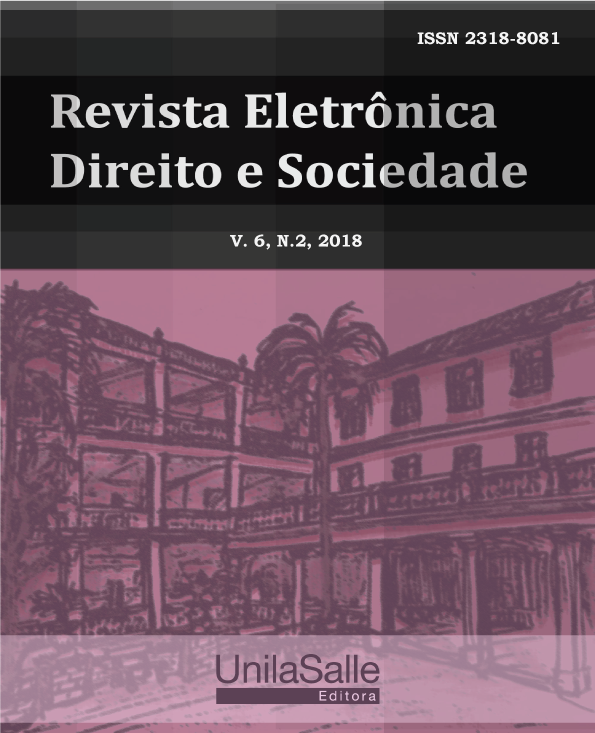Brief analysis of the participation of cooperatives in room public policies in Brazil and Uruguay
DOI:
https://doi.org/10.18316/redes.v6i2.4831Keywords:
Housing, Self-management, Uruguay, Brazil, Social Movements.Abstract
The segregating economic policy and the inexistence or inefficiency of housing policies are aspects that deepen the social inequalities between the different income segments. Uruguay, through the Housing Law, sought to solve the housing debasement by promoting the right to housing and regulating the insertion of cooperatives in access to public policies. The law, still in force, allows the property to be treated as a right, not only as property and allows cooperatives to act in the process of planning, execution and administration of housing projects, a principle understood as self-management. In Brazil, the first programs that met the housing demand were fragmentary, serving a small portion of the applicants. With the advent of the National Housing Bank, access to credit for housing was expanded. Housing cooperatives were included in this program, including the provision of the middle income market. With the end of BNH and the dissatisfaction resulting from the economic crisis, social movements around the issue of urban housing emerged, seeking practical and political articulations to transform housing into law. At the end of the 1980s, the exchange of experiences and ideas with Uruguay approached the entry of cooperatives into social interest housing, an aspect previously untested in Brazil. Using the historical-descriptive method, this study is the result of an analysis of normative and academic production on the subject. Seeking to understand the participation of cooperatives in the popular housing and the difficulties of access to public housing policies.
Downloads
Published
Issue
Section
License
Authors who submit their manuscripts for publication in the “REDES” Magazine agree to the following terms:
The authors claim to be aware that they retain copyright by giving “REDES” the right to publish.
The authors declare to be aware that the work submitted will be licensed under the Creative Commons Non-Commercial Attribution License which allows article sharing with acknowledgment of authorship and publication in this journal.
The authors declare to be aware that by virtue of the articles published in this journal have free public access.
The authors declare, under the penalty of the law, that the text is unpublished and original and that they are aware that plagiarism has been identified, plagiarized authors will be informed - willingly, to take legal action in the civil and criminal sphere - and, plagiarists will have their access to the magazine blocked.
The authors state that - in case of co-authoring - all contributed significantly to the research.
Authors are obliged to provide retractions and (or) corrections of errors in case of detection.
The authors are obliged not to publish the text submitted to “REDES” in another electronic journal (or not).
The Electronic Journal Law and Society - REDES - is licensed under a Creative Commons License. Attribution-NonCommercial 4.0 International.Based on work available at "http://revistas.unilasalle.edu.br/index.php/redes/about/submissions#copyrightNotice".
Permissions in addition to those granted under this license may be available at http://creativecommons.org/.

